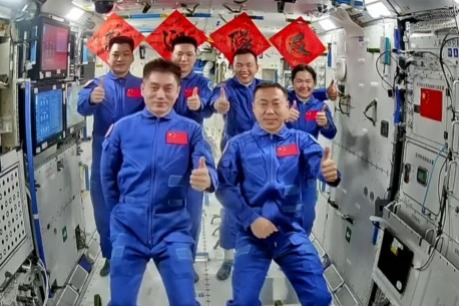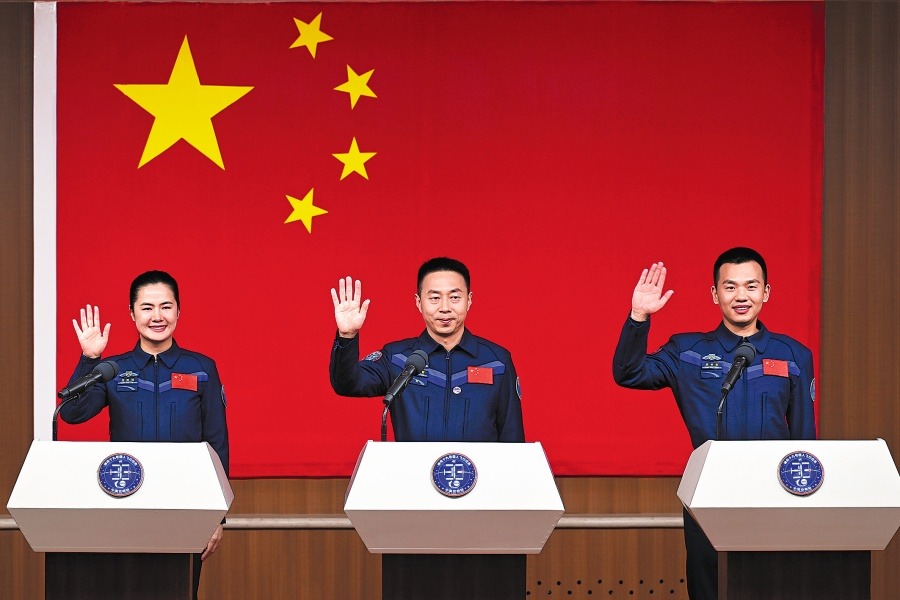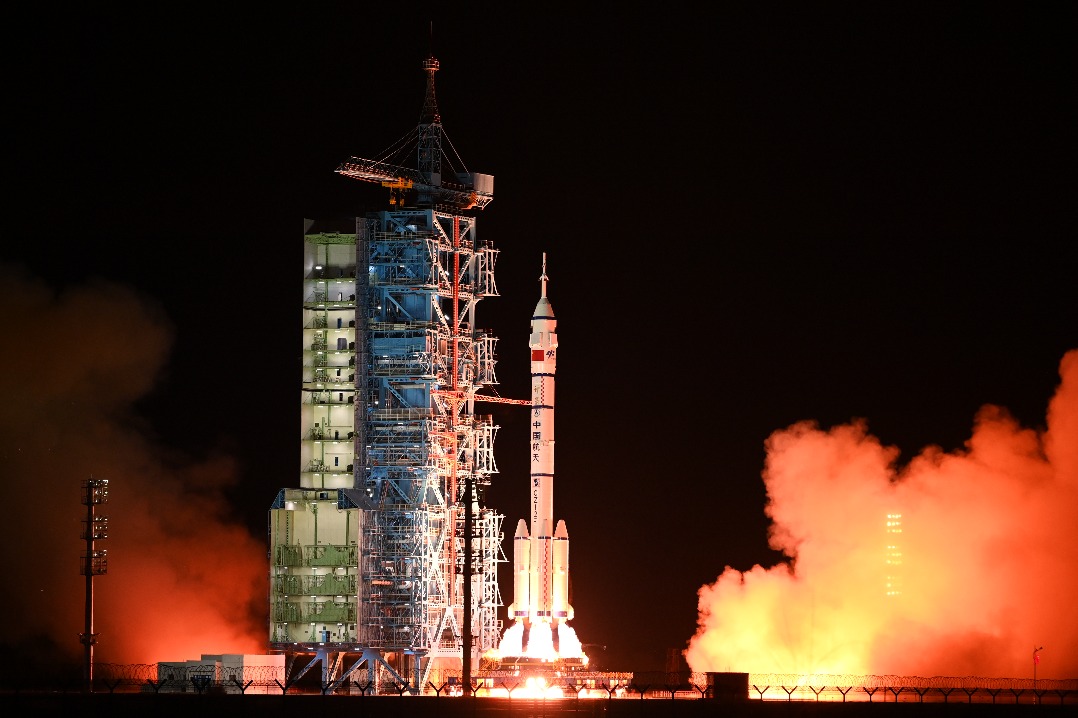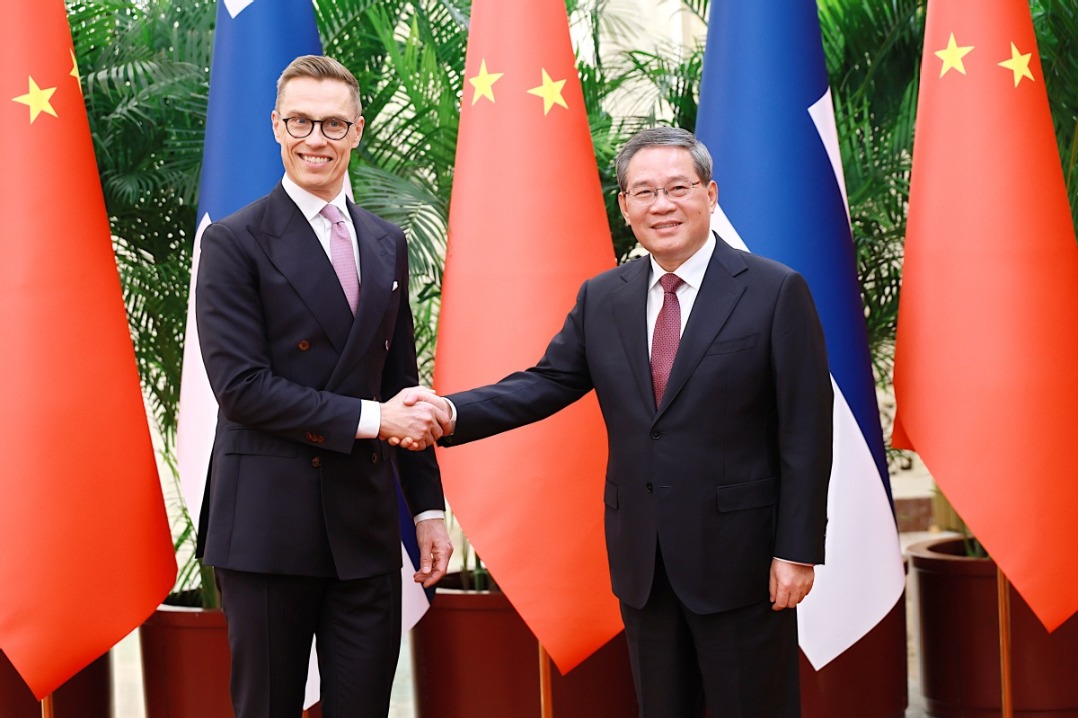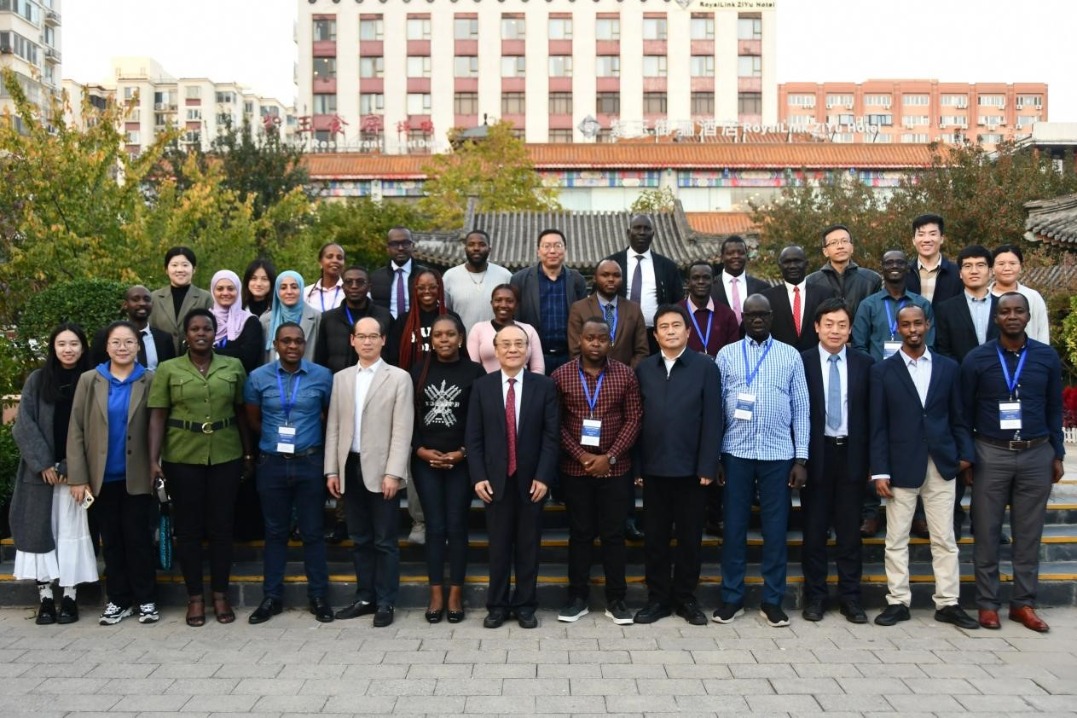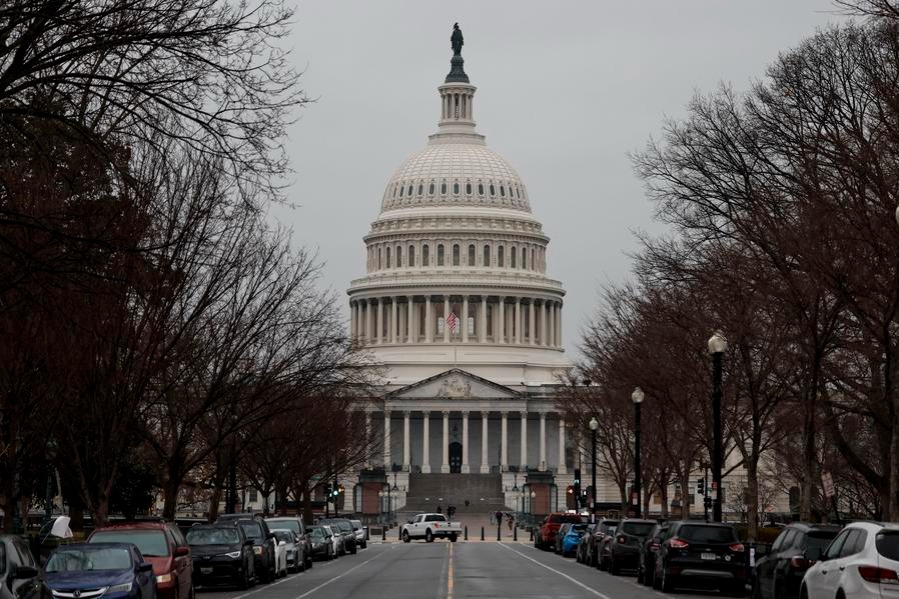A core force


The Global South represented by BRICS is not a loose aggregation of states, but those with shared experiences that will drive the course of history
The upcoming 2024 BRICS summit in Kazan, Russia from Oct 22-24, is an important meeting in the backdrop of significant global security challenges, such as the ongoing Ukraine crisis and the spillover of conflicts in the Middle East. While doubts and disbelief about global security governance are increasing, the United Nations seems lacking in its ability to prevent security crises from escalating. There are also widely divergent views on how to rebuild regional security structures.
As BRICS nations have achieved tremendous economic growth after the Cold War and are increasingly becoming a main force in international politics, they can assume a more proper role in building the security perspective of the Global South.
BRICS countries are practitioners of the "endogenous security concept" within the Global South, which insists on achieving security goals by providing national resilience through economic and social growth.
As Chinese President Xi Jinping said in his speech at the BRICS-Africa Outreach and BRICS Plus Dialogue in August 2023, "development embodies our people's aspiration for a better life. It is the top priority for developing countries and a timeless theme for humanity". The Global Development Initiative was proposed to draw the world's attention on growth and to support the implementation of the UN 2030 Agenda for Sustainable Development. During the Cold War era, the military security agenda between superpowers occupied the core position in international politics, leading to an arms race, proxy wars, and the persistent underdevelopment of peripheral countries.
China's tremendous achievements over the past few decades are attributed to its consistent focus on growth as the top priority and an endogenous security concept that promotes development-driven security. Many successful emerging countries, including some BRICS states, have followed the same path. In today's world, any country that artificially elevates the military security agenda excessively, engages in bloc confrontation or proxy conflicts, or even places it above the development agenda, is going against the tide of history. Such actions are unpopular internationally and unsustainable domestically. Security and development are complementary. No country should pursue development at the expense of security, nor should there be a one-sided approach that sacrifices development for the sake of security. As an important member of the BRICS, China has proposed the Global Development Initiative and the Belt and Road Initiative which can better serve the global political agenda. This is the common wish of most countries and the foundation for achieving global security governance. For a long time, the goal of China's foreign policy has been to create a favorable external environment for its economic and social progress. With its continuous rise and increasing international expectations, China is contributing wisdom for creating a favorable international environment for global common development. This concept and policy logic are coherent and consistent.
At the 2023 BRICS summit held in South Africa, the bloc achieved a historic membership expansion. The larger BRICS framework will help to continuously deepen and disseminate the Global South's concept of seeking security through development, focusing on macroeconomics, global poverty reduction and development, and reform of international economic and financial institutions.
BRICS countries will become pioneers in resolving international security crises through political dialogue and diplomatic mediation based on negotiation, rather than on military deterrence. Traditional international security studies emphasize military deterrence and balance of power. However, the strengthening of one party's military deterrence often leads to an escalating cycle, resulting in the so-called security dilemma. To break the dilemma and reduce the security deficit, we should abandon the old path of unilaterally strengthening one's military forces or reinforcing collective defense through military alliances. The dilemma is also a cognitive issue. Overemphasizing the security dilemma between nations, and negative topics such as suspicious prevention can make us "insensitive "to the possibility of resolving the root causes of conflicts.
In 2023, China published the Global Security Initiative Concept Paper, proposing a different vision for security governance that seeks security through cooperation, respects national sovereignty and international law, and resolves conflicts through diplomatic mediation, rather than relying on military deterrence. Based on this concept, China facilitated the historic normalization of relations between Saudi Arabia and Iran, two longstanding adversaries, in Beijing in March 2023. History has proven that decades of military deterrence and economic sanctions against Iran did not bring peace to the Middle East; only diplomatic mediation and political reconciliation are the right path. Apart from symbolizing the success of China's Middle East diplomacy, mediation of the Saudi-Iranian relations has significant international implications beyond China's diplomacy.
China's global debut in mediating diplomacy aligns with the urgent contemporary need for new ideas and wisdom to resolve international disputes and will serve as an important safeguard to prevent the world from sliding into a new Cold War.
International politics is once again facing a risk. Rejecting a new Cold War requires preventing regional disputes from escalating into "global security issues" to avoid further deterioration of regional security situations due to the intervention of major power politics. China's Middle East mediation diplomacy sends an important signal to the global audience that regional countries are capable of resolving their disputes autonomously under the mediation of a trusted third party.
After the outbreak of the Gaza crisis, China engaged in mediation diplomacy once again. In July, 14 Palestinian factions gathered in Beijing and reached the most important consensus to achieve a grand reconciliation under China's mediation. They signed the Beijing Declaration on Ending Division and Strengthening Palestinian National Unity. China's endeavors to achieve security through diplomatic mediation are not limited to its own efforts but also actively engage in international cooperation. In May, in response to the ongoing spillover of the Ukraine crisis, China and Brazil issued the six-point consensus on the crisis' political settlement, reflecting the will of BRICS countries to create security through dialogue and cooperation. At the beginning of 2023, China established the International Mediation Institute Preparatory Office in Hong Kong.
It will provide an important platform for Global South countries, including BRICS nations, to achieve common and lasting security through diplomatic mediation. This year, the office began cooperating with the African Union, which will also bring hope to the African region with frequent security issues, to solve security crises with the Global South security concept.
The Global South represented by BRICS nations is not, as some analysts believe, a collection of countries without common ideas and values, or a loose aggregation of states. Instead, it is a core force with shared experiences and interconnected perceptions that will drive the course of history. In terms of global security governance, BRICS countries and the Global South cannot be absent in the practical diplomacy.
The author is an associate professor of international relations at Niigata University in Japan and a nonresident senior fellow at the Center on Contemporary China and the World at the University of Hong Kong. The author contributed this article to China Watch, a think tank powered by China Daily.
The views do not necessarily reflect those of China Daily.
Contact the editor at [email protected].
















